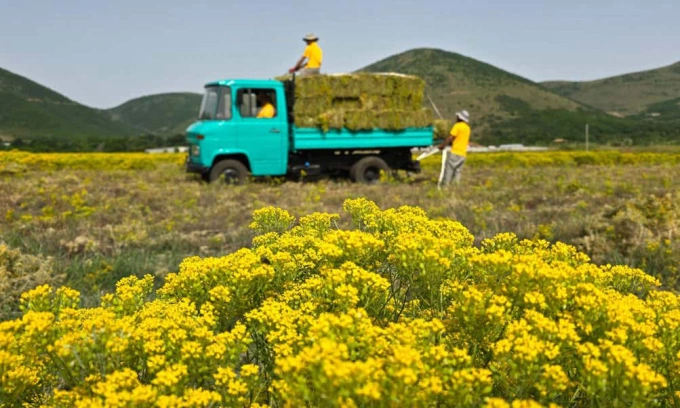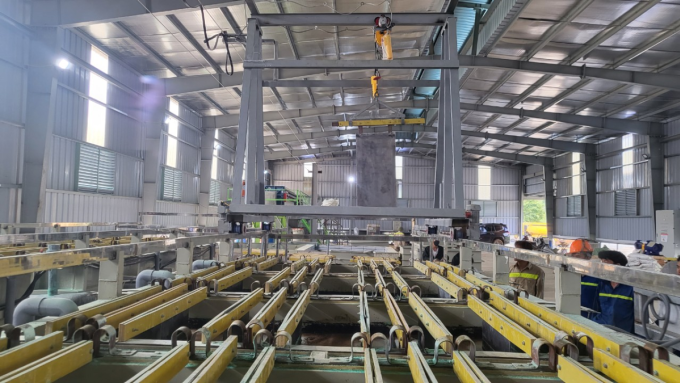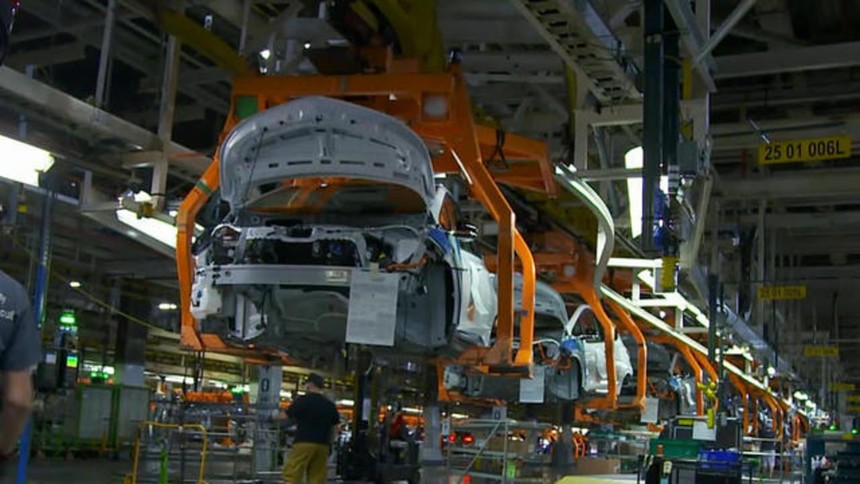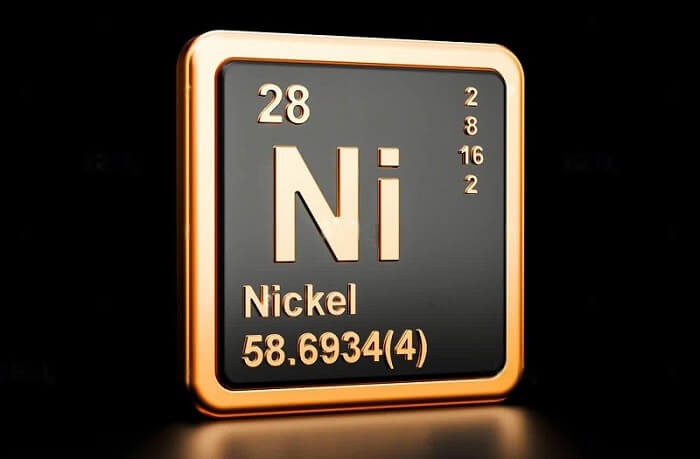In recent years, startups have been using large-scale phytomining, using fields of hundreds of hectares, to sustainably mine nickel. Phytomining is a method of growing certain plants to extract the metal from the ground.
The growing popularity of electric vehicles has increased demand for nickel, one of the metals used to make electric vehicle batteries. Increasing ore mining is one way to meet this demand. However, many startups are turning to a more sustainable method, Interesting Engineering reported on July 5.
Ore mining is an energy-intensive activity that uses fossil fuels that emit carbon. The process of mining one ton of nickel for electric vehicles, which are touted as “greener,” can produce up to 59 tons of CO2. Therefore, some startups are turning to plants to extract nickel from the ground using the phytomining method.
Phytomining is the practice of growing certain plants to extract metals from the soil. The cultivation is done where the soil contains metals, but not in concentrations high enough to warrant mining. Once mature, the plants are dried in the field and heated to decompose the organic material. The metals are then extracted from their ash. This method is not entirely new and has been tried in other forms such as using microorganisms to accumulate metals or using plants to remove certain pollutants from the soil. However, in recent years, startups have been conducting large-scale phytomining with fields of hundreds of hectares to mine nickel sustainably. The US company Viridian has patented a technology that helps plants accumulate massive amounts of nickel from the soil. For example, the Odontarrhena decipiens plant with its distinctive yellow flowers can accumulate nickel up to 2% of its biomass. A 1,000-hectare farm can yield 250-550 tonnes of nickel, which could be worth $3-$7 million.
Another US-based startup, Metalplant, goes one step further by using its farms to sequester carbon. The company uses a technique called enhanced rock weathering, which involves introducing large amounts of rock dust into the farm. The rock dust absorbs CO2 from the atmosphere and forms bicarbonate, which can help store CO2 for millennia.
Metalplant co-founder Sahit Muja uses olivine, a magnesium iron silicate, from a nearby quarry for his phytomining facility in Tropoje, Albania. In June, Metalplant used several dozen tonnes of olivine dust for its nickel farms. Olivine is also rich in nickel, so the company hopes it will help boost crop yields.
Metaplant expects the farms to yield up to 400 kg of nickel per hectare, and even more in the future. More importantly, the process of extracting nickel using plants also helps sequester around 200 tons of CO2 from the atmosphere.
According to Interesting Engineering



